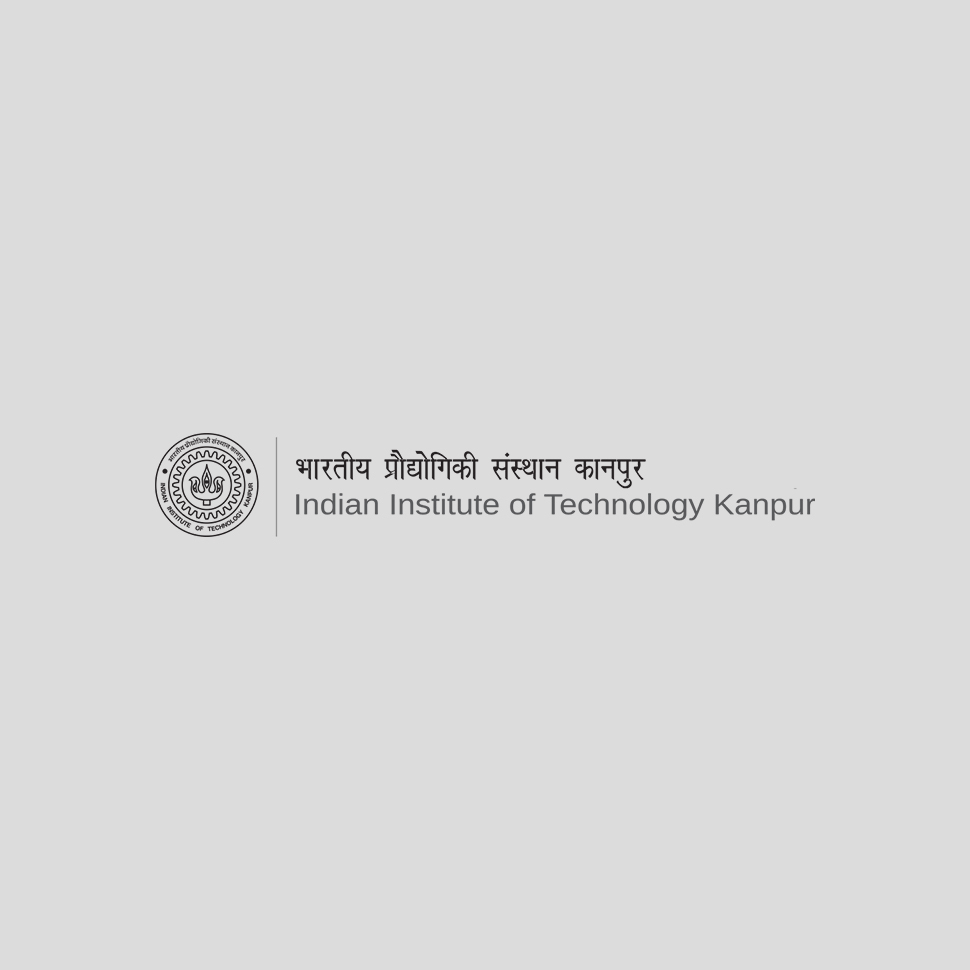
IIT Kanpur launches initiative to provide world-class education to rural school children
- Ranjit Singh Rozi Shiksha Kendra is an in house project set up to reach out to the nearby villages and contribute towards the employability of rural youth.
- The initiative began under the Unnat Bharat Abhiyan of Government of India.
- OREI is aimed at ensuring quality education to the rural children with the help of innovation and technology.
- The teaching is mapped to NCERT syllabus and is carried out in colloquial Hindi that children in villages can relate to.
Kanpur , 16 May 2023
Source: Information and Media Outreach Cell, IIT Kanpur
The Indian Institute of Technology (IIT) Kanpur has launched Online Rural Education Initiative (OREI) to provide high quality education to children through schools in villages through its Ranjit Singh Rozi Shiksha Kendra (RSK). The inaugural programme was attended by the Hon. Chief Secretary of Uttar Pradesh, Mr. DS Mishra who congratulated the team and said that the number of schools under the programme will soon be expanded to 100 rural schools and later to all schools in the state. He also said that soon all secondary schools in the state are going to get smart classes as well.
Said Prof. Abhay Karandikar, Director IIT Kanpur, “Ranjit Singh Rozi Shiksha Kendra is an in house project set up to reach out to the nearby villages and contribute towards the employability of rural youth. OREI is aimed at ensuring quality education to the rural children with the help of innovation and technology.”
The initiative began under the Unnat Bharat Abhiyan of Government of India, and the pilot programme was launched in two schools, Ram Janki Inter College, Bithoor and Bhartiya Gramin Vidyala Mohana, Lucknow. After a period of one year, the project was taken up by the Department of Education, Government of Uttar Pradesh for the government secondary schools.
In OREI, teaching is done from a smart classroom at IIT Kanpur where technology enables two way communication between children in school classrooms and teachers at IIT Kanpur. With the help of advanced technology both parties can see and talk to each other in real time and teachers can ensure that the classes are interactive in nature. At present, OREI provides education for students in standards IX and X through two daily classes; classes for standards XI and XII will be added in the coming year.
Prof Sandeep Sangal, Principal Investigator (PI) of RSK said, “The project is run on a voluntary basis by a large number of PhD scholars who are engaged in teaching with guidance from experts. The planning work for the entire academic year has been done at the beginning itself. It helps us ensure that the project is child centric and allows for backward planning design based on the learning objectives, tools, techniques content and assessments. The aim is to encourage active learning methods to make learning fun and interactive.”
Prof HC Verma and team provides guidance for the tools and methods to use for hands on learning. Prof Sangal continued “The aim of OREI is to make the teaching resources to be made available freely to all. The teaching is mapped to NCERT syllabus and is carried out in colloquial Hindi that children in villages can relate to. The group is currently in the process of providing an academic helpline where children can contact to get answers to their problems.”
Rita Singh, Project Executive Officer of the programme said, "The mission of Ranjit Singh Rozi Shiksha Kendra is to ensure the right of every child to best quality education irrespective of their location."
The programme was attended by Apar Mukhya Sachiv Deepak Kumar and Director General of Education Vijay Kiran Anand.
About IIT Kanpur:
Indian Institute of Technology (IIT) Kanpur was established on 2nd November 1959 by an Act of Parliament. The institute has a sprawling campus spread over 1055 acres with large pool of academic and research resources spanning across 19 departments, 22 centres, and 3 Interdisciplinary programs in engineering, science, design, humanities, and management disciplines with 540 full-time faculty members and approximately 9000 students. In addition to formal undergraduate and postgraduate courses, the institute has been active in research and development in areas of value to both industry and government.
For more information, visit www.iitk.ac.in.




